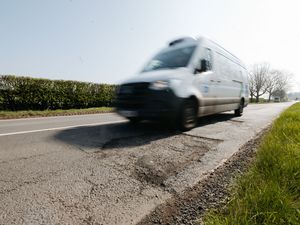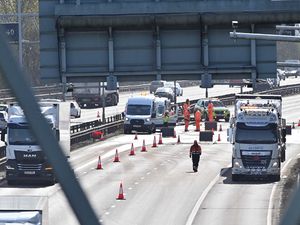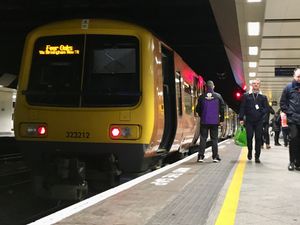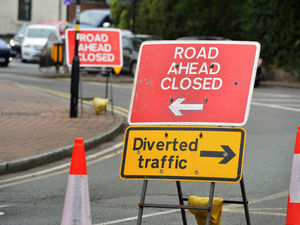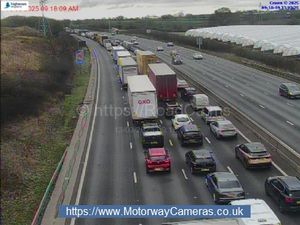£41m more losses for the M6 Toll
The M6 Toll has racked up another £41 million of losses as vehicle numbers slump.
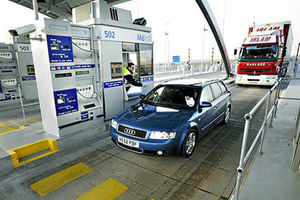
The M6 Toll has racked up another £41 million of losses as vehicle numbers slump.
Operator Midland Expressway's annual report for 2011 shows that toll revenue fell by seven per cent to £55.9m in 2011.
The company made a pre-tax loss of £41.6m, down from a £49.1m loss in 2010.
Meanwhile, the debts held by Midland Expressway's Australian parent company, Macquarrie Motorways Group – largely from the construction of the motorway a decade ago – have risen by £15m to £610m.
Attempts to recover falling revenue by hiking tolls in March last year were a failure. They have since been increased again, this March, to £5.50 for cars and £11 for lorries.
And while Midland Expressway is hoping for a temporary boost from another two years of roadworks on the M6 motorway, it admits it faces greater competition once improvement work is completed.
As a result of its current trading, the company says it intends to impose a wage freeze on its staff when the current pay deal expires next month.
Midland Expressway chief executive Tom Fanning said today: "Like many businesses in the United Kingdom, the M6 Toll has been impacted by ongoing weak economic conditions."
Traffic volumes have fallen by 10.2 per cent, with just 13 million vehicles using the 27-mile pay-as-you-go motorway. In his director's report, Mr Fanning said: "Tolling rates were adjusted in March 2011 but revenue performance did not recover as expected as weakening economic conditions were maintained throughout the year."
With the latest phase of improvement work on the M6 starting last month, speed restrictions and traffic disruption is expected to see some customers return to the M6 Toll, as in the past.
But Mr Fanning said: "The subsequent improvement in traffic flows on the M6 on completion of the works may provide significant challenges to traffic flows and revenues from 2014."
Midland Expressway is hoping to counter the competition with improved service and by adding value, such as the introduction of contactless card technology to pay tolls.

